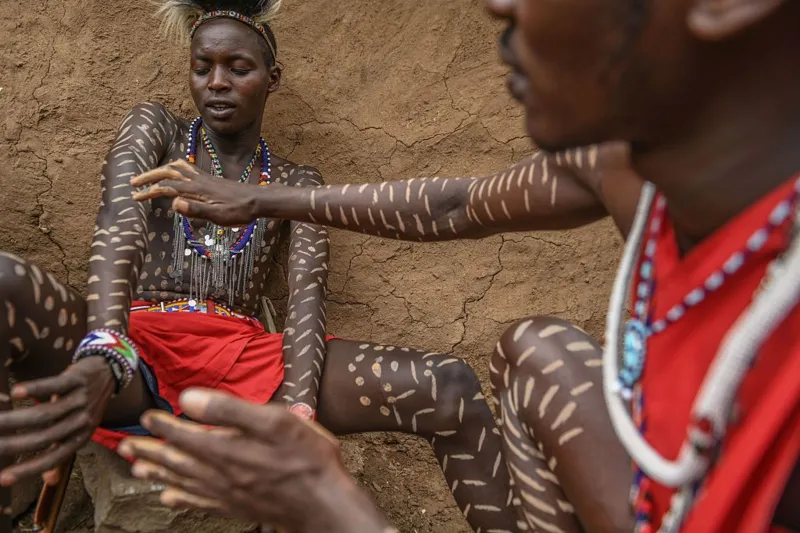Africa’s fashion scene is buzzing with energy, innovation, and entrepreneurial spirit. From Lagos to Johannesburg, top fashionistas and savvy flippers are not only redefining style but also transforming the continent’s economic landscape. Their influence is felt across social media, local markets, and international runways, making Africa a vibrant hub of fashion-forward thinking and profitable ventures.
The Rise of Africa’s Fashion Icons
In recent years, African fashionistas have gained global recognition. Influencers like Aisha Bello from Nigeria and Thando Hlam from South Africa leverage social media platforms such as Instagram and TikTok to showcase their unique styles. They blend traditional fabrics like Ankara and Kente with contemporary designs, creating a fusion that appeals worldwide. Their authentic storytelling and vibrant visuals have attracted millions of followers, turning them into powerful brand ambassadors.
These fashion icons often collaborate with local designers, promoting indigenous fabrics and craftsmanship. This synergy boosts local industries, preserves cultural heritage, and positions African fashion on the global stage. The rise of African fashion weeks, such as Lagos Fashion Week and Dakar Fashion Week, further amplifies their influence, attracting international buyers and media attention.
Flippers: The Business Moguls of African Fashion
Parallel to the rise of style icons are the “flippers”—entrepreneurs who capitalize on the continent’s booming fashion market. These individuals buy, sell, and resell designer clothing, accessories, and even vintage items, turning fashion into a lucrative business. Platforms like Facebook Marketplace, Instagram shops, and local markets serve as bustling hubs for these flippers.
Many flippers specialize in sourcing high-demand items from international brands at lower prices and reselling them within Africa at a profit. For instance, a popular trend involves importing sneakers, luxury handbags, or rare fashion collectibles and reselling them to savvy consumers eager to access Western brands without the hefty price tag. This practice not only fosters entrepreneurship but also stimulates local commerce.
Digital Platforms and E-Commerce: Catalysts for Growth
The proliferation of smartphones and internet access has revolutionized how fashion is consumed and traded in Africa. E-commerce platforms like Jumia, Kilimall, and local boutique websites provide avenues for fashionistas and flippers to reach wider audiences. Social media marketing enables these entrepreneurs to showcase their collections and connect directly with customers, bypassing traditional retail channels.
Moreover, influencer marketing campaigns often feature collaborations with local designers, further boosting visibility and sales. The synergy between fashion influencers and flippers creates a vibrant ecosystem where style and business intersect seamlessly.
Cultural Pride Meets Economic Opportunity
Africa’s top fashionistas and flippers are not just chasing trends—they are cultivating cultural pride and economic empowerment. By promoting indigenous fabrics and designs, they challenge Western fashion dominance and foster a sense of identity. Their efforts contribute to job creation in manufacturing, marketing, and retail sectors.
Additionally, their success stories inspire young entrepreneurs across the continent. With access to social media and e-commerce, even small-scale fashion enthusiasts can turn their passion into profitable ventures, fueling a cycle of innovation and growth.
Conclusion: Fashion as a Force for Change
Africa’s top fashionistas and flippers are more than style icons and businesspeople—they are catalysts for cultural expression and economic development. Their innovative use of social media, strategic collaborations, and entrepreneurial spirit are redefining what it means to be fashionable on the continent. As they continue to shape trends and markets, Africa’s fashion industry stands poised for even greater global influence, demonstrating that style and enterprise go hand in hand.
Email Us on editorial@nnafrica.com













